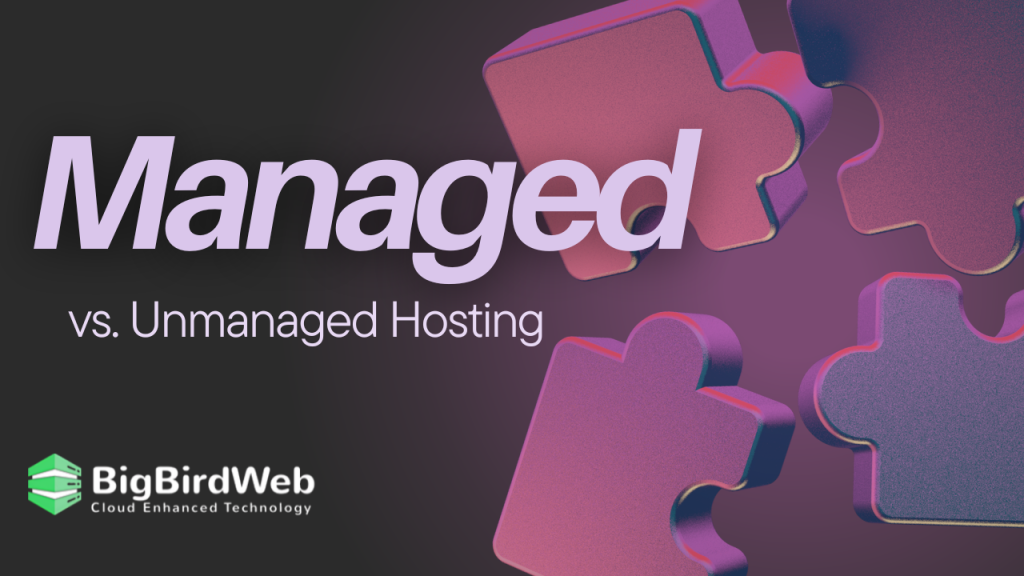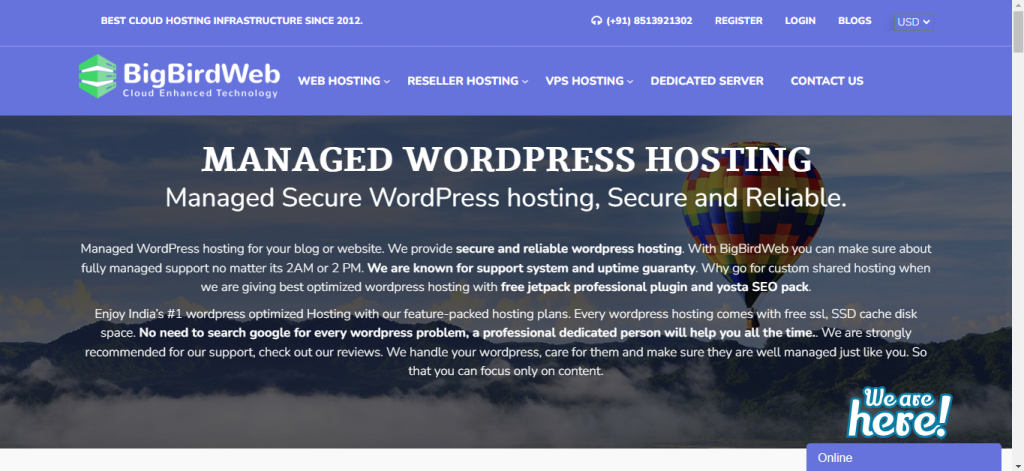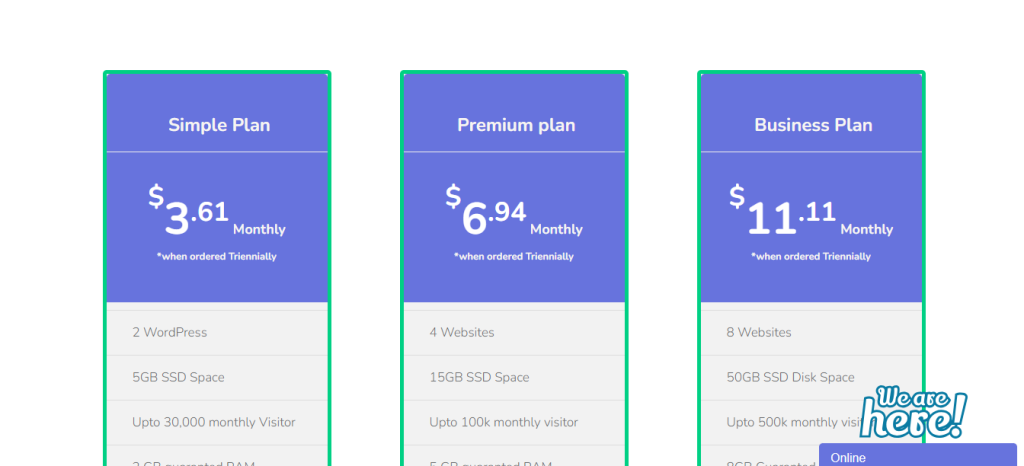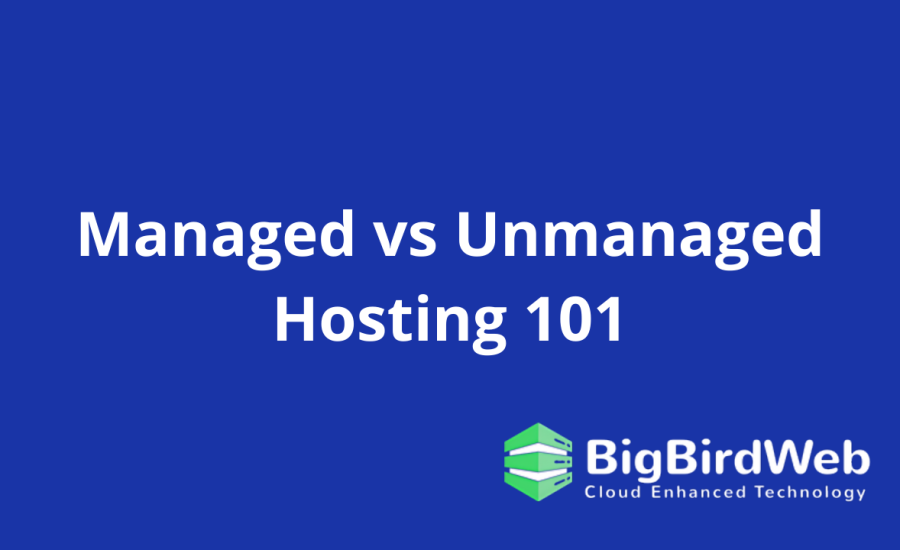A managed hosting provider is a service where the hosting provider takes care of all the technical aspects of running your website. From server management to security updates, managed hosting ensures that your site runs smoothly without requiring your intervention. In contrast, unmanaged hosting leaves all the technical responsibilities in your hands, offering more control but demanding a higher level of expertise. This blog explores the pros and cons of managed hosting, highlights the best-managed hosting providers, and discusses scenarios when unmanaged hosting might be the right choice.

Table of Contents
Pros and Cons of Managed Hosting

Pros of Managed Hosting
- Ease of Use
Managed hosting is designed for convenience. The hosting provider handles server management, updates, backups, and security, freeing you from technical responsibilities. This makes it ideal for individuals or businesses without extensive IT knowledge. - Enhanced Security
Security is a top priority with managed hosting. Providers offer advanced security features, regular updates, and monitoring to protect your site from threats. This proactive approach minimizes the risk of data breaches and downtime. - Reliable Support
Managed hosting providers offer round-the-clock support. Whether you encounter a technical issue or need advice on optimizing your site, expert help is always available. This ensures quick resolution of problems and keeps your site running smoothly. - Performance Optimization
With managed hosting, your provider will optimize server performance to ensure fast load times and high availability. This includes resource allocation, caching, and other performance-enhancing measures that contribute to a better user experience. - Automatic Backups
Regular backups are crucial for data integrity. Managed hosting provider services typically include automated backups, ensuring your data is safe and can be restored in case of a failure or attack. - Scalability
Managed hosting providers offer scalable solutions that can grow with your business. As your site traffic increases, the provider can easily allocate more resources to handle the load, ensuring consistent performance.
Cons of Managed Hosting
- Cost
One of the main drawbacks of managed hosting is the cost. The additional services and support come at a premium, making it more expensive than unmanaged hosting. However, the cost can be justified by the benefits and peace of mind it offers. You can also opt for free web hosting. - Less Control
While managed hosting provider is convenient, it offers less control over server configurations. This can be a limitation for users with specific technical requirements or a desire to customize their server environment. - Dependency on Provider
Relying on a managed hosting provider means you depend on their services and support. If the provider faces issues, it can impact your site’s performance. Therefore, choosing a reputable provider is crucial.
Best Managed Hosting Providers

1. BigBirdWeb

WP Engine specializes in WordPress hosting, offering excellent performance, security, and customer support. Their managed hosting plans include automated backups, daily security scans, and a content delivery network (CDN) for faster load times.
2. SiteGround
SiteGround is known for its exceptional customer support and reliable hosting services. They provide managed hosting solutions with free daily backups, advanced security features, and scalable resources to accommodate growing sites.
3. Bluehost
Bluehost offers a range of managed hosting plans suitable for various needs. Their services include automatic updates, enhanced security, and expert support, making it a popular choice among beginners and small businesses.
4. Kinsta
Kinsta is a premium managed hosting provider known for its high-performance infrastructure and excellent support. They offer features like automatic scaling, daily backups, and a robust security system, ideal for high-traffic websites.
5. A2 Hosting
A2 Hosting provides reliable managed hosting services with a focus on speed and performance. Their plans include automatic backups, enhanced security, and 24/7 support, ensuring a smooth hosting experience.
6. Liquid Web
Liquid Web offers comprehensive managed hosting solutions with a range of features tailored to different needs. Their services include proactive monitoring, automatic updates, and expert support, making them a great choice for businesses of all sizes.
When to Choose Unmanaged Hosting
1. Technical Expertise
If you have the technical skills to manage a server, unmanaged hosting can be a cost-effective option. It offers full control over server configurations and allows you to tailor the environment to your specific needs.
2. Cost Savings
For those on a tight budget, unmanaged hosting can be significantly cheaper than managed hosting. By handling server management yourself, you can save money and invest in other aspects of your business.
3. Custom Configurations
Unmanaged hosting is ideal for users who require custom server configurations. If your website or application has unique technical requirements, unmanaged hosting allows you to set up the server exactly as needed.
4. Learning Opportunities
Managing your own server can be a valuable learning experience. If you’re looking to develop your IT skills, unmanaged hosting provides hands-on experience with server management, security, and troubleshooting.
5. Performance Control
With unmanaged hosting provider , you have direct control over server performance. This allows you to implement specific optimizations and tweaks to maximize efficiency and speed according to your requirements.
Conclusion
Choosing between managed hosting and unmanaged hosting depends on your technical expertise, budget, and specific needs. Managed hosting offers ease of use, enhanced security, and reliable support, making it ideal for those who prefer a hands-off approach. On the other hand, unmanaged hosting provides more control and cost savings but requires a higher level of technical knowledge.
By understanding the pros and cons of managed hosting, you can make an informed decision that aligns with your goals and resources. Whether you choose a managed hosting provider like WP Engine, SiteGround, or Bluehost, or opt for the flexibility of unmanaged hosting, the right choice will ensure your website runs efficiently and securely.
FAQs
What is managed hosting?
Managed hosting provider is a service where the hosting provider takes care of server management, security, backups, and updates, allowing you to focus on your website’s content and growth.
What are the benefits of managed hosting?
The benefits of managed hosting include ease of use, enhanced security, reliable support, performance optimization, automatic backups, and scalability.
Are there any downsides to managed hosting?
The main downsides of managed hosting are the higher cost and less control over server configurations. You also depend on the provider for support and services.
Which are the best managed hosting providers?
Some of the best managed hosting providers are WP Engine, SiteGround, Bluehost, Kinsta, A2 Hosting, and Liquid Web.
When should I choose unmanaged hosting?
Unmanaged hosting is suitable if you have technical expertise, need custom configurations, are looking to save costs, want to learn server management, or need full control over server performance.
Can I switch from unmanaged to managed hosting later?
Yes, many hosting providers offer migration services, allowing you to switch from unmanaged to managed hosting if your needs change.
Bonus Content: Tips for Choosing the Right Hosting Provider
- Assess Your Needs
Determine your technical skills, budget, and specific requirements to choose between managed hosting and unmanaged hosting. - Consider the Provider’s Reputation
Look for reviews and testimonials to gauge the reliability and support quality of the hosting provider. - Check for Scalability
Ensure the hosting provider offers scalable solutions that can grow with your website. - Evaluate Security Features
Choose a provider that offers robust security measures to protect your site from threats. - Look for Performance Optimization
Opt for a provider that prioritizes performance optimization to ensure fast load times and high availability.
By following these tips, you can select the best hosting provider for your website, ensuring a smooth and secure online presence.
